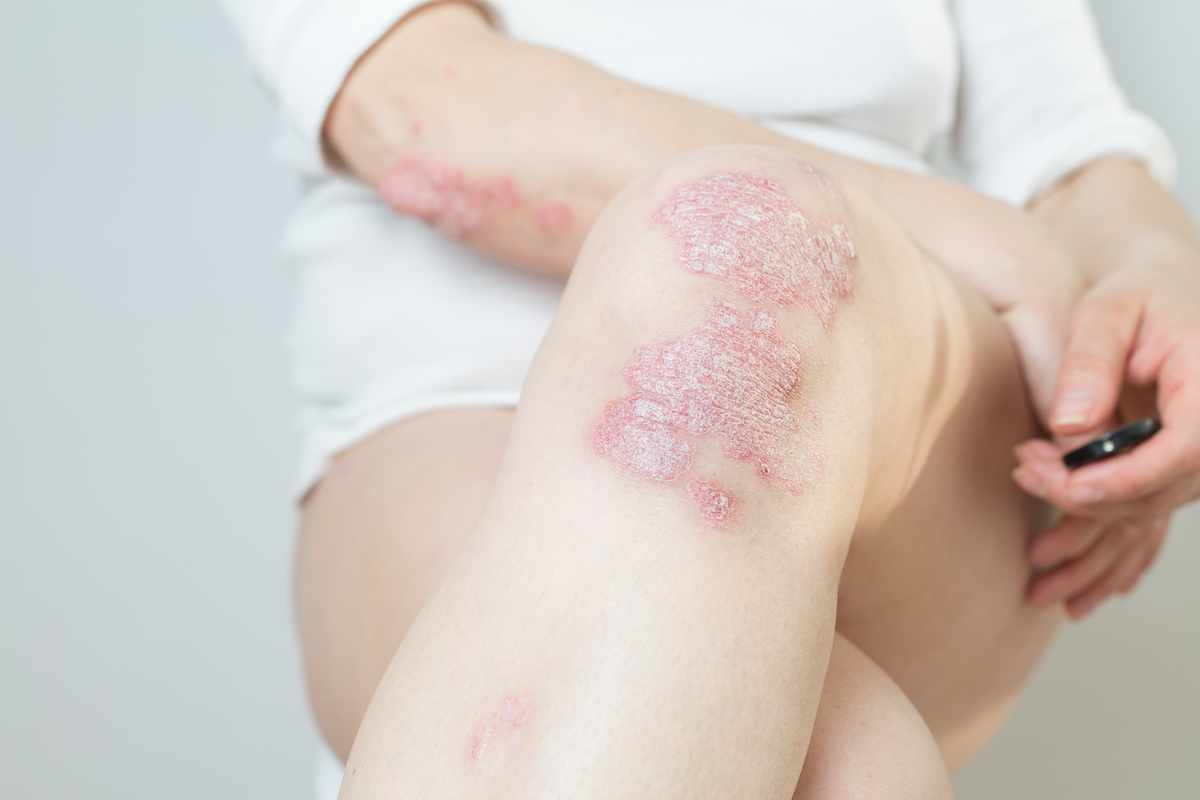 6.28.21 | Liver Health
6.28.21 | Liver Health How Can Your Lifestyle Affect Your Liver Health?
While our livers are constantly aiding processes that maintain our health, we seldom think about how to keep our liver healthy. Fortunately, there are lifestyle changes women can make to proactively enhance their liver health.
 6.16.21 | Bone Health
6.16.21 | Bone Health Exploring the Connection Between Psoriatic Arthritis and Bone Health
More than 8 million people in the United States are living with psoriasis, a chronic immune-mediated condition where skin cells multiply 10 times faster than the normal rate.
 6.1.21 | Liver Health
6.1.21 | Liver Health Most Common Liver Disease in America Affects Women and Men Differently
A better understanding of both biological and lifestyle factors affecting NASH development and treatment will lead to better health outcomes for all.
 5.24.21 | Bone Health
5.24.21 | Bone Health Managing Bone Health for Endometriosis and Fibroid Patients
Do endometriosis and uterine fibroids impact bone health? SWHR explores the connection between these gynecological conditions, estrogen, and healthy bones.
 4.27.21 | Liver Health
4.27.21 | Liver Health A Psychiatrist’s Advice for Managing Chronic Liver Illness
Psychological care can have an immense impact on the quality of life for patients with chronic health issues.
 4.22.21 | Coronavirus
4.22.21 | Coronavirus COVID-19 Impedes Career Progress for Women in STEMM
The COVID-19 pandemic has imperiled the careers of many women in the biomedical workforce as they face disproportionately greater caregiving responsibilities at home and related productivity losses at work.
 4.19.21 | Bone Health
4.19.21 | Bone Health Report on Osteoporosis-Related Bone Fractures Reveals High Burden on Women and Society
Implementing broader efforts around the prevention of osteoporosis and treatment of related fractures would have a major impact on women’s quality of life.
 4.13.21 | Coronavirus
4.13.21 | Coronavirus COVID-19: More Research Needed on Maternal and Infant Health Outcomes
Pregnant individuals and newborns have immune systems that are more susceptible to viral infections than the general population.
 4.7.21 | Research and Clinical Trials
4.7.21 | Research and Clinical Trials Panel: Improving Diversity in Clinical Trials Better Serves Patients
Researchers and health care stakeholders must actively pursue more representative clinical trials and make changes that encourage the participation of historically marginalized groups within the research community.
 3.30.21 | Policy
3.30.21 | Policy Exploring Opportunities to Engage with NIH and FDA to Advance Research
SWHR looks forward to working with the new Congress and administration to advance women’s health, and will continue to support robust funding for the NIH to benefit research that addresses the unique health needs of women across the lifespan.








